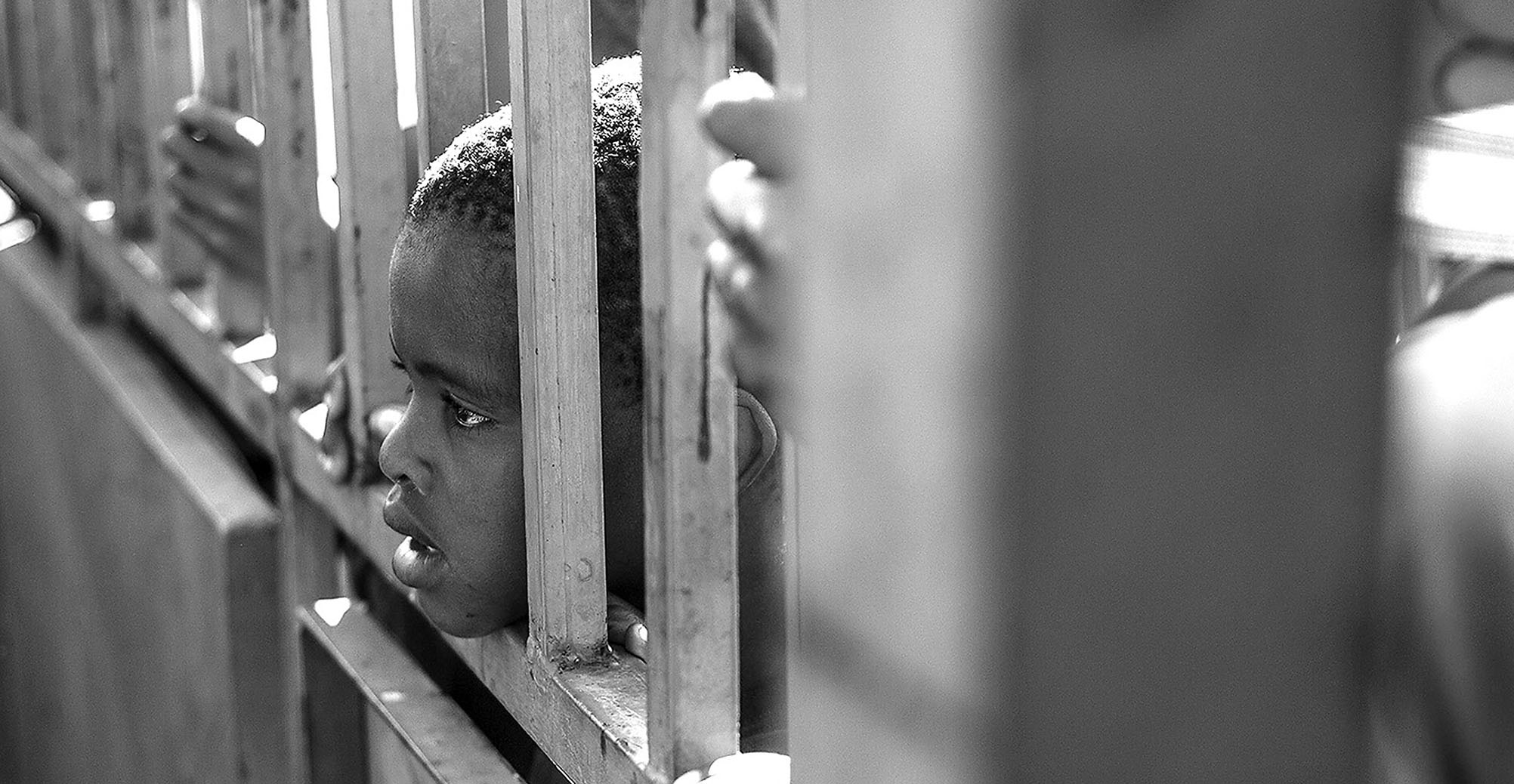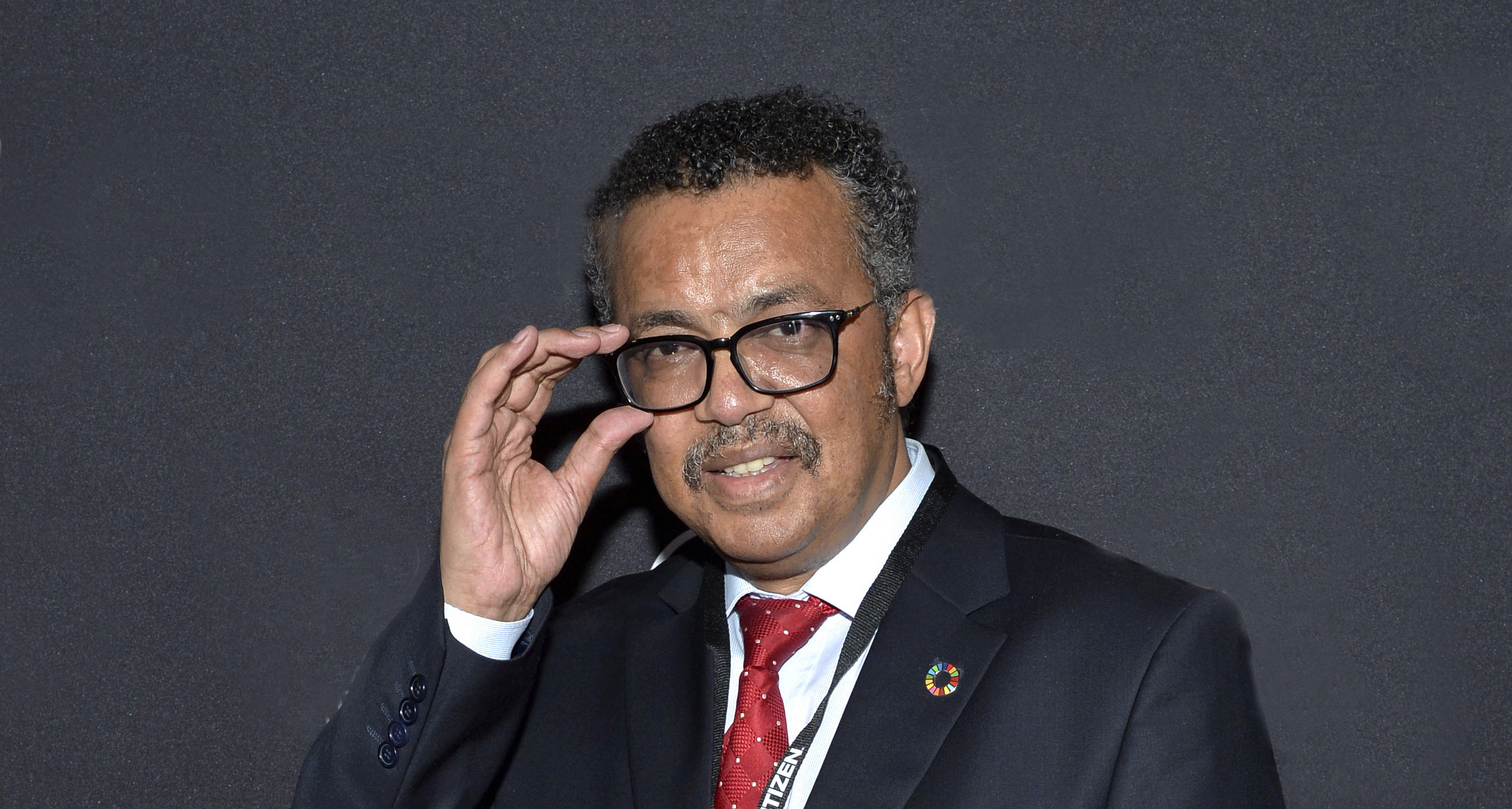On Friday, 11 December, Ghebreyesus delivered the annual lecture for the Human Rights Law Centre at the University of Nottingham. His lecture addressed global health and human rights.
During his lecture, Ghebreyesus highlighted five key points:
- Human rights and Sustainable Development Goals are equally important for the realisation of health for all.
- States can – and must – balance realising health for all with protecting human rights.
- Covid-19 has demonstrated that human rights are interconnected as health is a condition of other rights.
- With vaccine programmes being developed, vulnerable communities must be prioritised and enough vaccines made available to poorer countries.
- Finally, social measures taken to protect the health of a population must be taken in consultation with the public and communicated clearly to ensure the understanding that some personal rights (such as enforcing social distancing and wearing masks) must be sacrificed for the greater good.
Making the right to health a reality
In 1948, just 30 years after World War 1, as the world was rebuilding from its second devastating global conflict, two foundational documents came into force that shaped health for more than 70 years: the Universal Declaration of Human Rights and the constitution of the World Health Organisation. Both documents affirm that health is a fundamental human right, not a privilege for those who can afford it.
The world has changed beyond recognition over the subsequent 72 years.
Last year, all 193 member states of the United Nations endorsed the Political Declaration on Universal Health Coverage.
 A man walks between shacks in Masiphumelele, Cape Town, South Africa, 23 August 2017. (Photo: EPA / Nic Bothma)
A man walks between shacks in Masiphumelele, Cape Town, South Africa, 23 August 2017. (Photo: EPA / Nic Bothma)
“We (the WHO) affirm the rights of every human being without distinction of any kind to the enjoyment of the highest attainable standard of physical and mental health,” said Ghebreyesus.
To realise universal health coverage, the rule of law is essential in several ways, he said, because it supports good governance by establishing formal codes or norms that constrain (or mandate) certain actions by individuals, institutions or governments; it helps to establish clear standards for accountability, transparency, privacy and prevents or reduces corruption; and enables people to access services to participate in decision-making and to prohibit discrimination.
Despite these advantages, the right to health is being challenged, especially by the Covid-19 pandemic. In less than a year, more than 1.6 million people have died and millions of people have been driven into extreme poverty.
The true picture is likely to be underestimated, since Covid-19 has had ripple effects in many other areas, including human rights, and it exposed the inequalities in our societies, which disproportionately affects the poor. “We have seen evidence of significant increase in rates of violence against women and children this year, exacerbated by reduced access to services for survivors.”
Ghebreyesus said the burden of the virus and the measures to contain it fall heaviest on those who can least afford to bear it. State-ordered lockdowns have increased hunger dramatically and denied people the ability to earn a living.
“Most of the world’s population do not have the luxury of being able to stay home and stay safe.”
 A child peers through a gate as residents queue to receive parcels of food aid during the Covid-19 lockdown at a distribution point at the Zenzele Counselling Project in Finetown, south of Johannesburg, on Thursday, 7 May 2020. (Photo: Waldo Swiegers / Bloomberg via Getty Images)
A child peers through a gate as residents queue to receive parcels of food aid during the Covid-19 lockdown at a distribution point at the Zenzele Counselling Project in Finetown, south of Johannesburg, on Thursday, 7 May 2020. (Photo: Waldo Swiegers / Bloomberg via Getty Images)
Respect for human rights will be fundamental to the success of the political response and countries that responded to Covid-19 best are those that “engaged, educated, and empowered communities” to implement measures to protect themselves and others.
“That includes the meaningful participation of groups that often face social exclusion, and discrimination in designing, implementing, and monitoring Covid-19.”
While Covid-19 exposes the inequalities and injustice of the world, it also provides an opportunity to build more equal and equitable societies.
“Vaccines will help to end this pandemic, but it will not address vulnerabilities. There is no vaccine for poverty. There is no vaccine for hunger. There is no vaccine for inequality or climate change,” he said.
Nationwide lockdowns and human rights
Ghebreyesus is not in favour of the term “lockdown”, as its connotations are “extreme”; the WHO believes lockdowns should be viewed as “social measures”, which are put in place out of necessity and become social contracts. While some believe these social measures infringe on their human rights (for example, believing not wearing a mask is a right), Ghebreyesus said sacrificing some rights protects and benefits society.
Successful implementation of these social measures requires proper communication. Ghebreyesus said where this was done well, governments “really communicated with their people exactly what has happened, the risks, what it means to society, and what it means to their country. They then propose these measures and explain what these measures are protecting. The WHO has seen good impacts, but it varies from country to country”.
“In Asia, whether it is [South] Korea or Thailand, society tends to follow and keep a balance of the individual rights and what it should sacrifice to bring the social benefits and social responsibility into action.
“While in the West, forget about so-called lockdowns, there are people who argue that they do not want to wear a mask, they refuse to wear a mask because they say it is their right, but they do not see that the lack of wearing a mask is actually affecting somebody else.”
In ending his lecture, Ghebreyesus said we cannot accept a world in which the poor and marginalised are trampled by the rich and powerful.
“This is a global crisis. And the solutions must be shared equitably, as global public goods, not as private commodities, that widen inequalities and become yet another reason some people are left behind. No one should be left behind.” DM/MC
An audio recording of the lecture is available here.

Like what you're reading? Sign up to the Maverick Citizen newsletter and get a weekly round-up sent to your inbox every Tuesday. Free. Because paywalls should not stop you from being informed.




 A child peers through a gate as residents queue to receive parcels of food aid at a distribution point at the Zenzele Counselling Project in Finetown, south of Johannesburg, on Thursday, May 7, 2020. Almost one million people in Johannesburg, South Africa's commercial hub, are in need of food aid due to movement restrictions imposed to curb the coronavirus pandemic, according to its mayor.( Photo: Waldo Swiegers/Bloomberg via Getty Images)
A child peers through a gate as residents queue to receive parcels of food aid at a distribution point at the Zenzele Counselling Project in Finetown, south of Johannesburg, on Thursday, May 7, 2020. Almost one million people in Johannesburg, South Africa's commercial hub, are in need of food aid due to movement restrictions imposed to curb the coronavirus pandemic, according to its mayor.( Photo: Waldo Swiegers/Bloomberg via Getty Images)